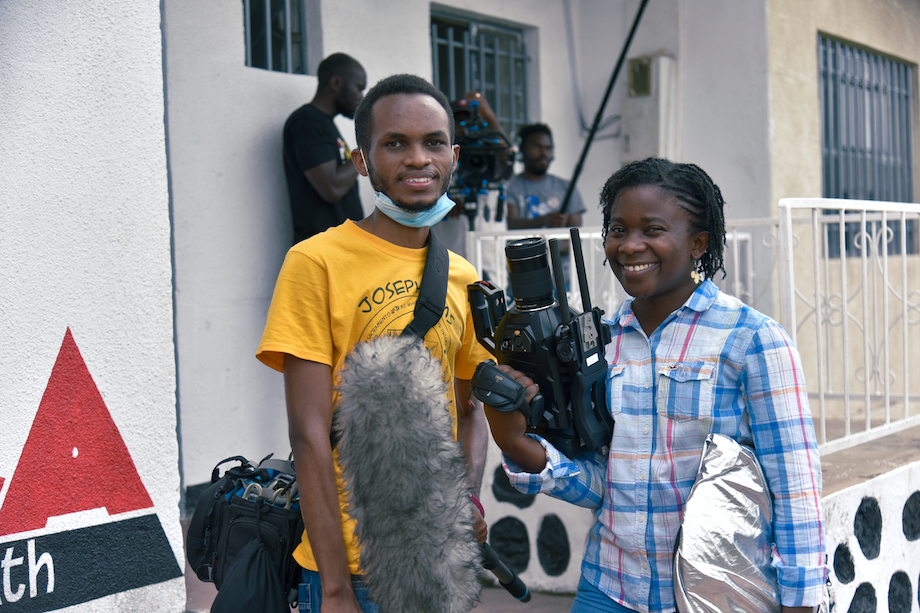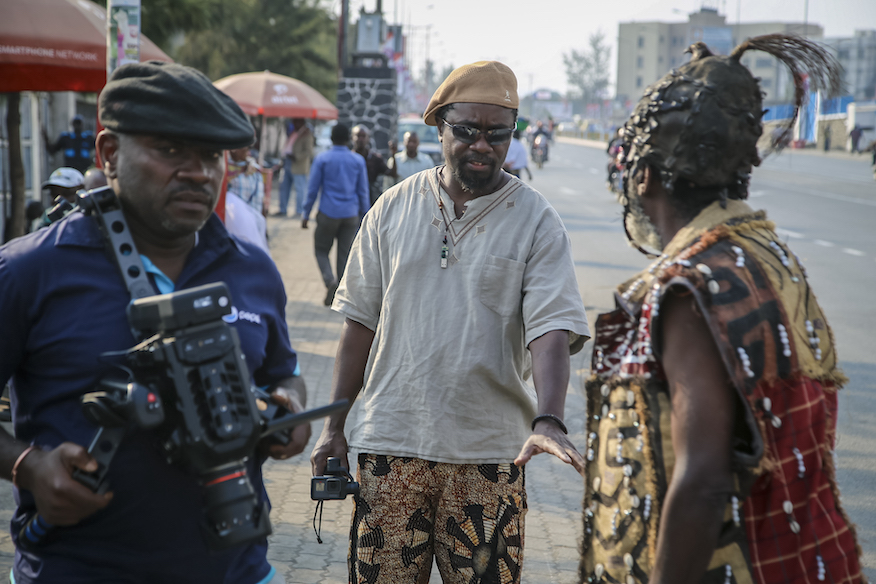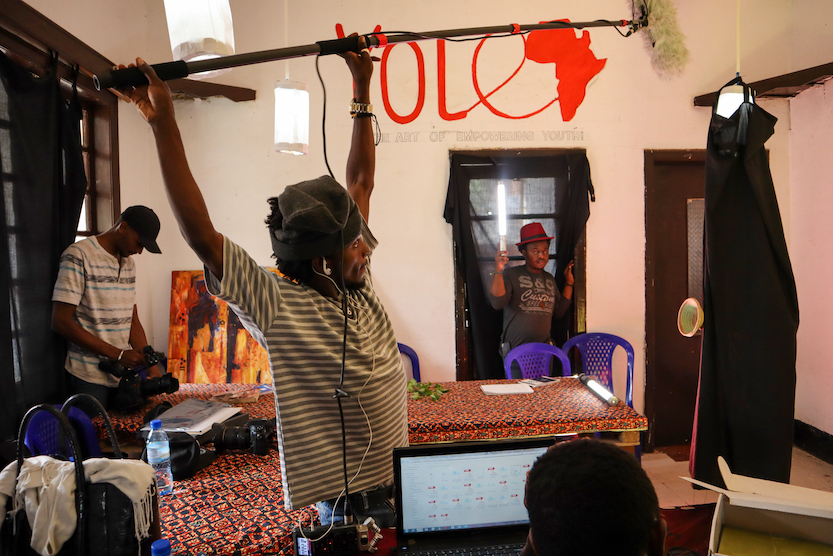KUMBUKA

Synopsis
Kumbuka is a multi-dimensional film that confronts the history and legacy of colonial views of Africa. It tells the story of two emerging African filmmakers as they struggle to re-edit the acclaimed yet controversial film shot by a Dutch filmmaker in Congo. Interspersed with their story are two contradictory collections of archival footage, which provide a meta-critique both of the colonial project and of the Africanfuturistic movement that is growing in Congo in the wake of the ongoing project of Recoding Aesthetics.
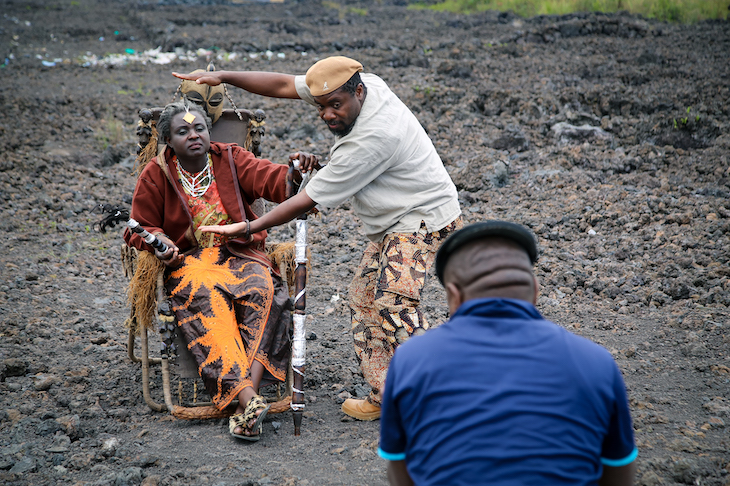
” Petna Ndaliko Katondolo’s documentary is a multifaceted exploration of complex questions around the combating of European perspectives in cinema about Africa.”
-The Film Verdict
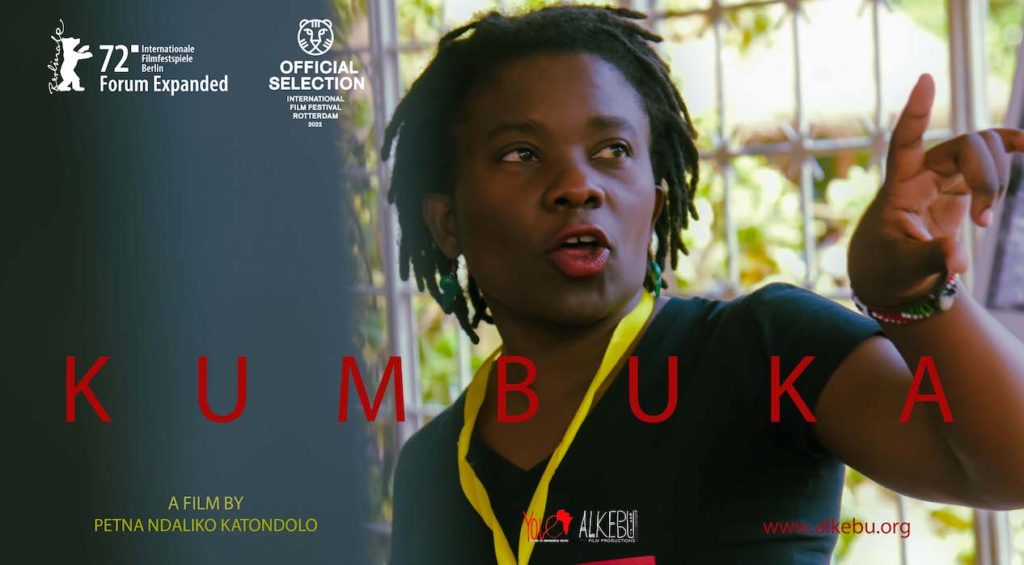
” Kumbuka is a fascinating and penetrating investigation into the power dynamics of image-making – a treatise on distorted collective memory and the moral duty of reclaiming national self-image. Playful, angry, and thoughtful, Katondolo’s latest is a crucial work that holds the West with a mirror to its racist past.” – The Africa Report
Director’s Statement
The catalyst for Kumbuka was a dilemma two of my film students confronted after a Dutch documentary, Stop Filming Us, gained critical acclaim in Europe. As the primary subjects of Stop Filming Us, my students had publicly criticized the film for its Eurocentric perspective that they felt distorted their story. In response, a Dutch production company offered them the opportunity to re-edit the film to more accurately represent their worldview. On one hand, this opportunity promised them access to the resources to launch their nascent careers. On the other hand, it came with constraints (including the requirement to limit their film to footage shot by the Dutch team) that underscore persistent questions of power in cinematic representations of Africa.
Their dilemma about whether—and how—to navigate this situation is emblematic of the larger dynamics that are the focus of Kumbuka: what legacies do we adopt as the cinematic inheritance of the African continent? What references do we prioritize in “post” colonial circumstances? And how do we put precolonial history in perspective? For me, these are not questions of the past, but of the future. They are the cornerstones of my reflection on how to achieve a decolonial reality. And whether or not we are willing
